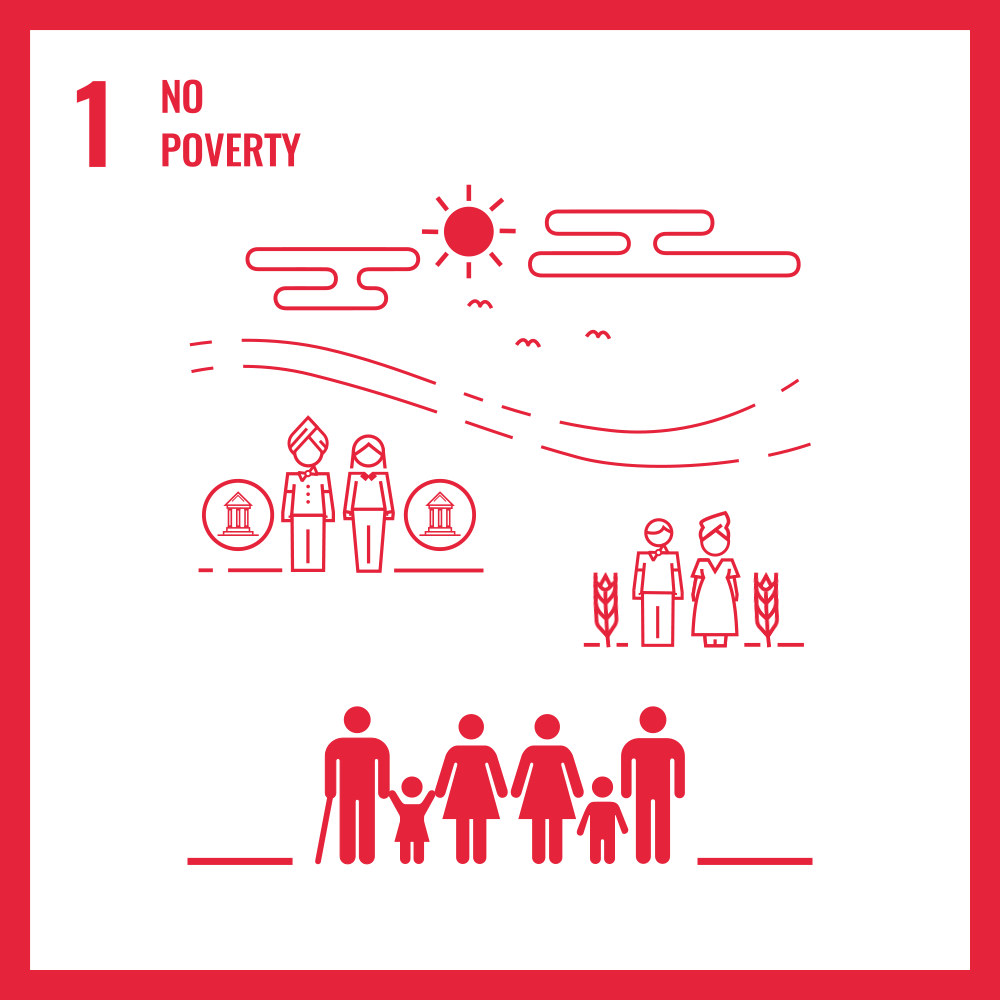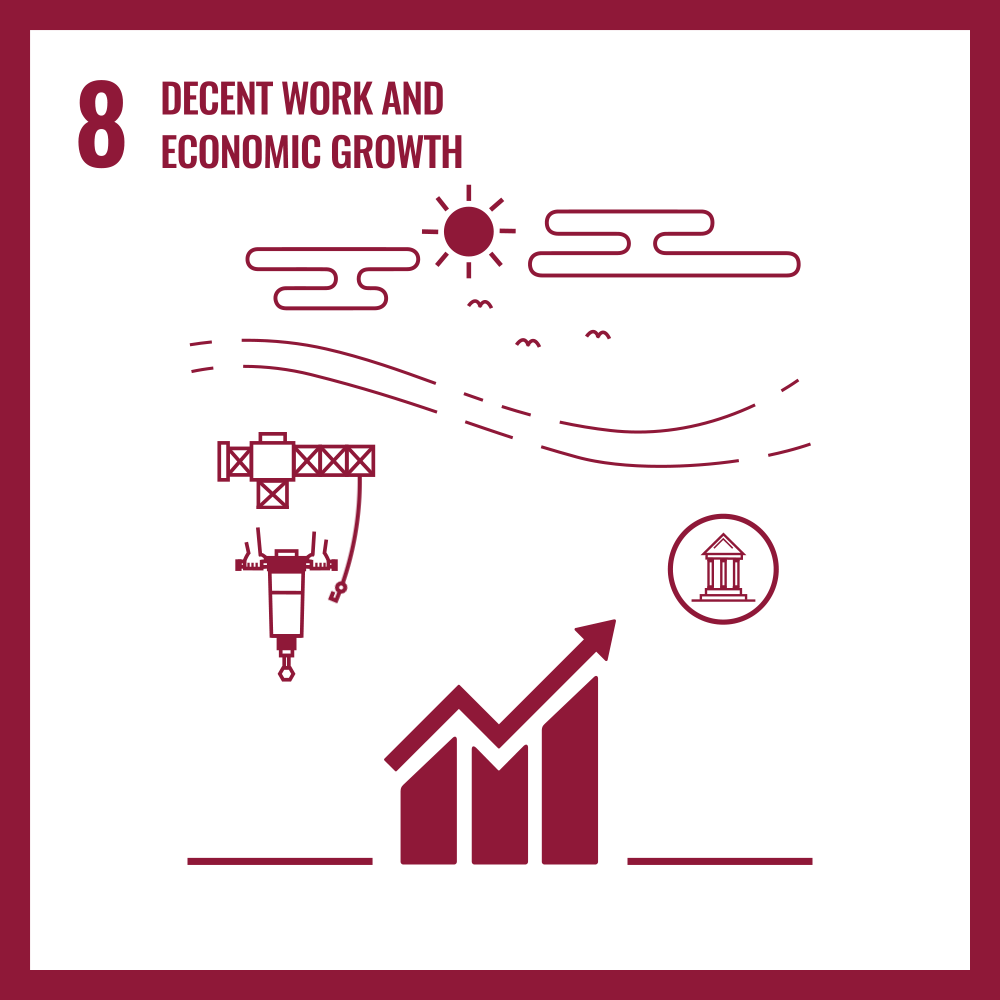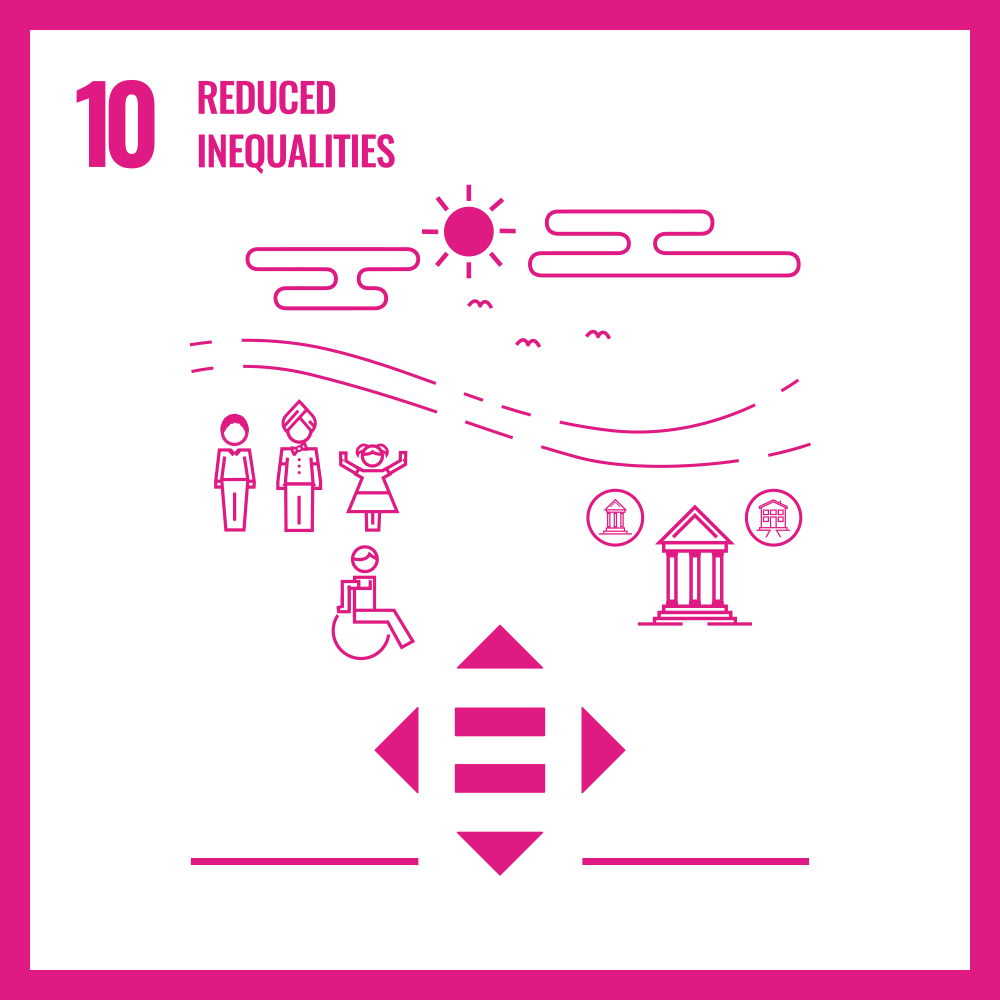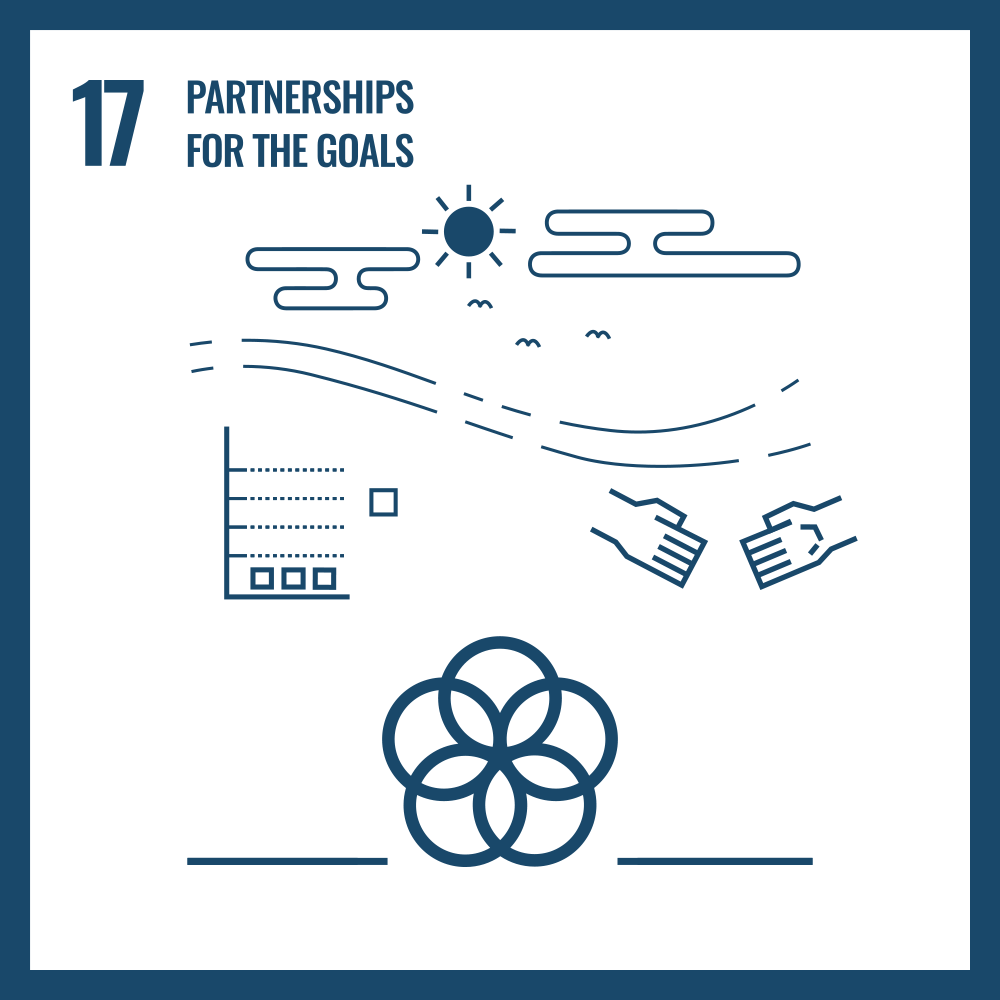
Research
How do organizations shape and are shaped by the social issues that define contemporary society?
My research addresses this fundamental question by examining firms as critical agents and arenas of social change, with a particular focus on how their decisions and internal practices influence unequal outcomes at the individual level. Anchoring my work in strategic management and international business scholarship, I draw on organizational theories and sociology to uncover the multilevel, actor-centered dynamics through which firms engage with social issues, moving beyond a narrow business-case logic toward frameworks that recognize organizations as pivotal actors in shaping society.
Current Research
The three papers in my dissertation investigate how firms operate as organizational and institutional actors whose practices contribute to societal patterns of inequality. It consists of three empirical projects currently progressing through the publication process. I have received internal and external feedback on my work and the quality of my co-authors strengthen my belief in its publication potential

01
Black managers and wage gap
This project advances organizational inequality theory by examining how representation changes evaluative processes within firms. Using a very large data panel with Brazilian registry data on formal employment, we show that higher Black managerial representation significantly reduces racial wage gaps, particularly among highly educated and longer-tenured employees. The work builds on existing organizations and inequality scholarship to demonstrate how representation matters by transforming evaluative processes and status attribution systems for Black workers in organizations, thereby directly influencing wage-setting mechanisms.
with Michael Mol and Grazia Santangelo, target: AMJ
Full manuscript, final adjustments, target AMJ
02
FDI and Inequalitites
This paper extends dependency theory by examining whether peripheral countries can actively influence or mitigate the effects of foreign investment, thereby testing the agency assumption embedded in modern dependency frameworks. Drawing on comprehensive data from the Land Matrix database, World Bank, and Global Entrepreneurship Monitor, we demonstrate that while natural resource-seeking foreign direct investment can exacerbate local inequalities through economic enclave creation, domestic institutional factors—including community strength and entrepreneurial opportunities—enable local resistance and wealth redistribution. This work contributes through a new understanding of how peripheral countries can actively shape the inequality effects of foreign investment through institutional mechanisms.
With Kristin Brandl and Elizabeth Moore,
Full manuscript, final adjustments, target: JIBS


03
Multinational vs. Domestic, a bias dynamic analysis
This project explores how and when internationalization can shift local paradigms related to workplace inequality. Combining Brazilian registry data in formal employment with the Orbis, Capital IQ, and EMIS databases, I examine how multinational enterprises' global commitments to diversity and inclusion interact with local institutional contexts, influencing hiring, promotion, and wage outcomes for both racial and gender groups. This research illuminates the tension between global norms and local practices in the equality space and offers new insights into how organizational form moderates firms' impact on social inequality.
Solo authored
Data collection, target: JIBS
Future Research
My future research agenda deepens and broadens my current work across three interrelated theoretical areas:
Sociology of Organizations
I examine how organizational structures and internal processes shape opportunities, inequalities, and life outcomes for individuals. My next collaborative project, "Maternity Leave and Racialized Career Trajectories" (data collection stage, target: TBD), uses Brazilian registry data to explore how maternity leave policies intersect with race and gender in organizational contexts. This approach will illuminate how organizational policies differentially affect career outcomes for Black and White women, advancing theory on intersectionality in organizational settings.
International Management
I explore how social issues are navigated across institutional and cultural contexts, examining how multinational enterprises engage with social challenges globally. Our conceptual paper on “MNEs and Inequality of Opportunity” (draft stage, target: Academy of Management Review) develops theoretical frameworks for understanding how MNEs both influence and are influenced by inequalities of opportunity across diverse institutional environments. This work extends international management theory by incorporating insights from development economics and institutional theory to examine MNEs' role in shaping global opportunity structures at the individual level.
Strategy
I plan to investigate how social issues become strategic considerations for organizations and how this engagement unfolds within firms and society. My project "Business Strategy and Social Impact Reconciliation" (initial development stage, target: TBD) explores how firms integrate social challenges into strategic objectives, examining conditions under which businesses can generate economic and social development while maintaining competitive positioning. This research will advance strategic management theory by developing frameworks for understanding when and how social impact becomes strategically valuable.
Context, Methodology, and Broader Relevance
My work is deeply informed by the Global South context, particularly Brazil—a setting marked by profound social disparities and institutional complexity, which provides both rich empirical opportunities and personal resonance for me. As a Black man from Brazil, I have experienced resisted access and encountered discrimination that is both visible and subtle, operating consciously and unconsciously. These lived experiences shape my perspective and fuel my commitment to understanding the nuanced dynamics of inequality and how organizations can challenge or perpetuate them.
Access to comprehensive Brazilian registry data on formal employment, social welfare databases, and other unique data sources enables rigorous empirical investigation of phenomena difficult to study elsewhere. This context-specific focus not only grounds my research but also serves a broader theoretical purpose: developing generalizable insights about how organizations navigate social issues in complex institutional environments, with implications extending beyond Brazil to other contexts.
I employ methodological pluralism, currently emphasizing large-scale panel data analysis and advanced econometrics while integrating qualitative approaches, including interviews and case studies, as primary and complementary strategies in future projects. This methodological diversity enables me to capture both macro-level patterns and micro-level mechanisms underlying firm-society interactions. Guided by principles of Responsible Research in Business and Management (RRBM), I strive to produce work that is both theoretically rigorous and practically meaningful, aimed at fostering better business and a better world. My research generates insights that serve society by examining how business can engage with social issues to build a more equitable and sustainable world. My research aligns closely with the Sustainable Development Goals, particularly those focused on ending poverty (SDG 1), achieving gender equality (SDG 5), promoting decent work and economic growth (SDG 8), reducing inequalities (SDG 10), and fostering partnerships for sustainable development (SDG 17).

SOUTH

BRAZIL




